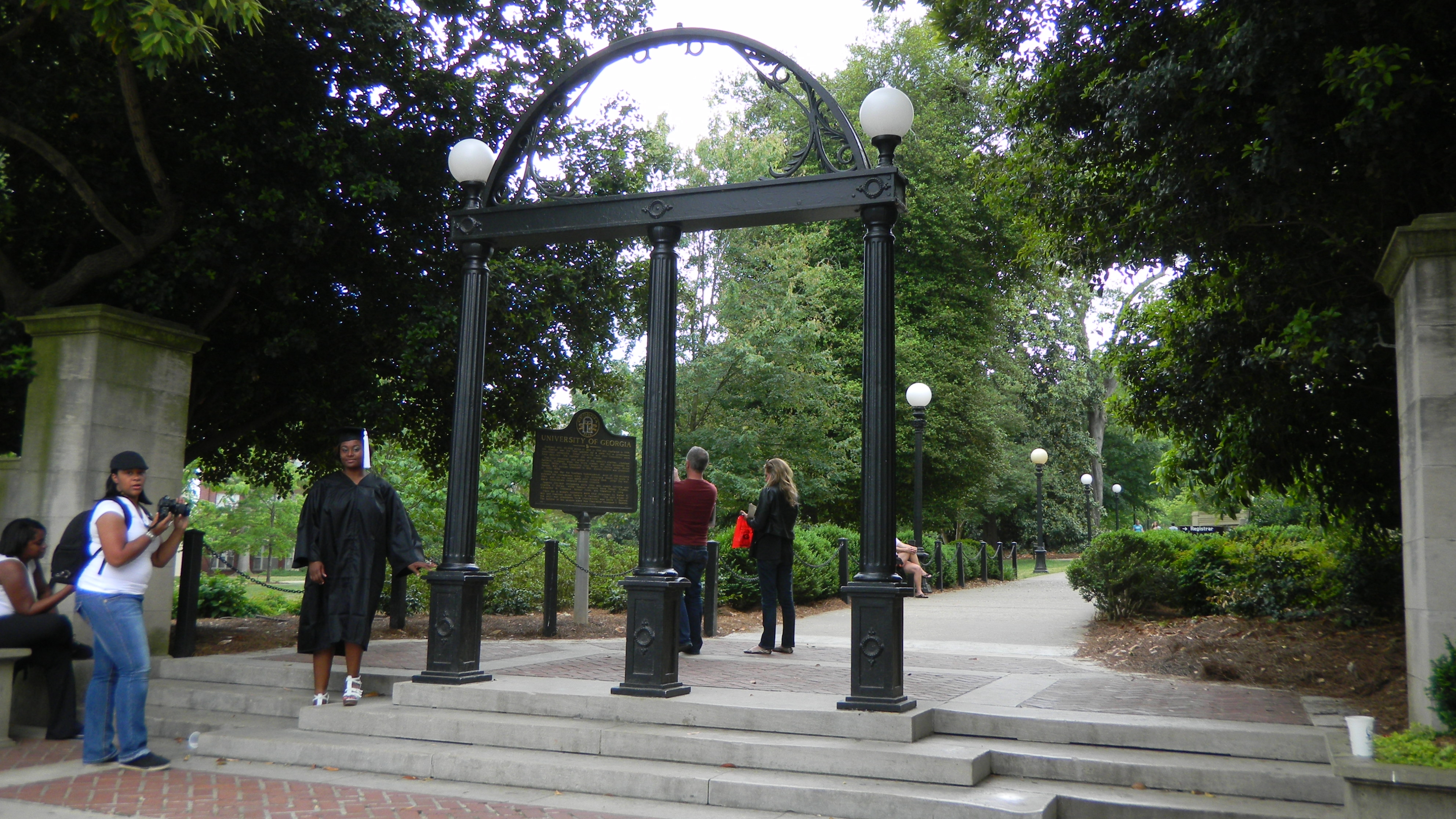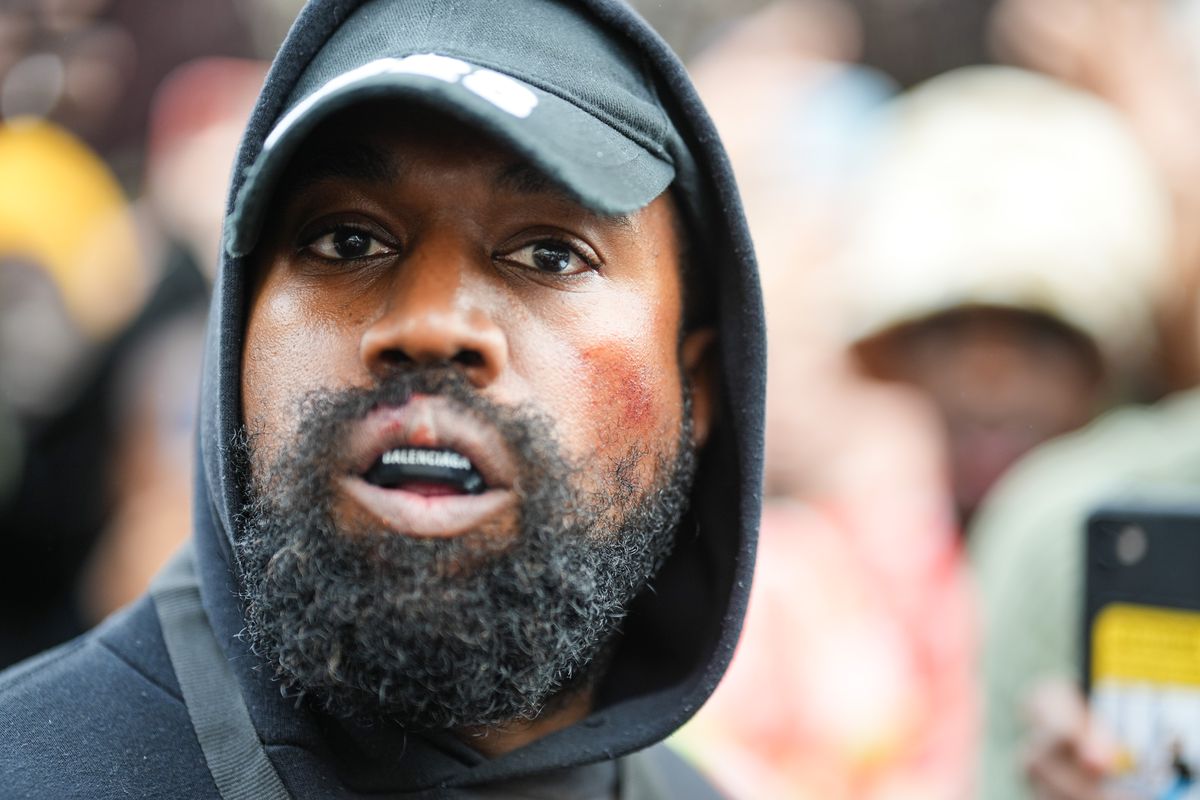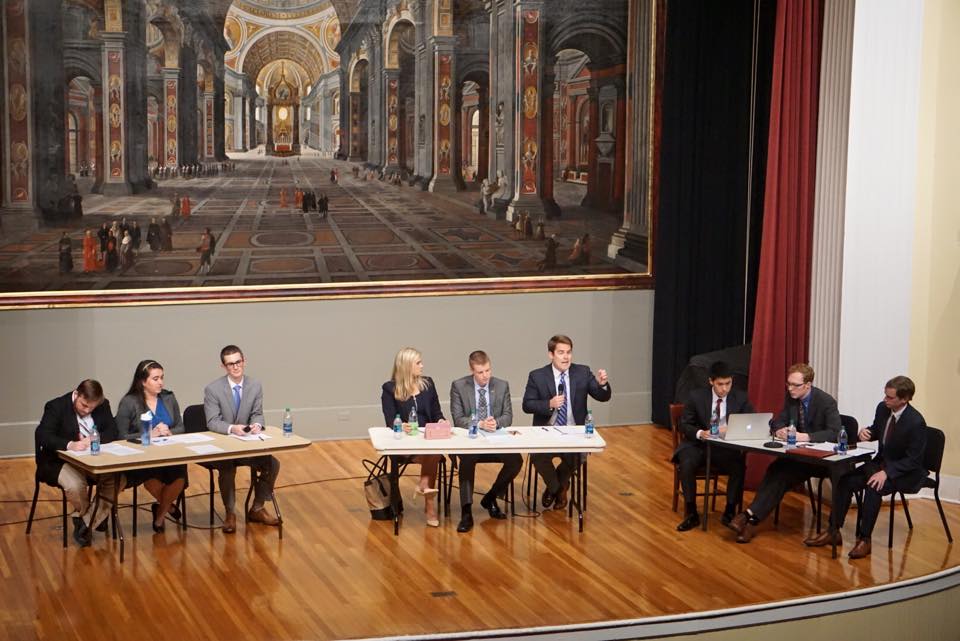By: Uzma Chowdhury
It’s September, campus is bustling again, students are in classes, books have been purchased, downtown retailers have windows full of trendy red and black outfits and—of course—the football season parking services emails, by the dozen, deftly inform us to fold up our vehicles and tuck them safely under our beds for storage.
Everything is in place at the first chartered public University in the country for a great fall semester—but there’s one thing that’s missing. And with a gender ratio of 60 percent female to 40 percent male it is fairly disturbing to realize that what we don’t have on campus is a women’s center.
Samantha Meyer, a member of the Women’s Studies Student Organization, attended the University of Georgia Student Government Association Open Forum at Senate with a plea to bring to campus this much needed resource:
“Georgia Tech has the Women’s Resource Center, Georgia College and State University has the Women’s Center and Emory has the Center for Women. And we don’t have a comparable entity on our campus. This is a vital student service for the University of Georgia, and as the state’s flagship university, it’s surprising and frankly disconcerting that it isn’t one already.”
The Women’s Resource Center at Georgia Tech exists with a mission to “enhance the academic performance and personal development of the women at Georgia Tech by striving to create a more inclusive and supportive campus environment for women, and by promoting understanding among Georgia Tech’s diverse community of men and women.” It offers services and programs including initiatives concerning body image, resources for lesbian and bisexual women, domestic partner services, and, of course, sexual assault information. The site, in bold red letters, has a direct link for victims and survivors of sexual violence to “click here to find about how to get help and where to go from here.” The link leads to VOICE, “a campus-wide initiative founded on the premise that everyone has the right to live and learn…free of violence or the threat of violence.”
At Georgia College and State, the Women’s Center (WC) is a place “where anyone can come and find out about gender issues.” The WC has a mission to promote a Georgia College community that “is safe, equitable, and supportive for women and that celebrates their experiences, achievements, and diversity through education, leadership, support, empowerment, and advocacy.” Similar to the Women’s Resource Center at Tech, GCSU’s WC offers sexual health symposiums, violence education and awareness workshops, peer educator workshops, and support. Additionally, the WC offers the Nursing Nest, according to their website a comfortable area “where mothers who breastfeed can come to either breastfeed or express milk.” Emory’s Center for Women offers similar services.
The services and programs offered at these universities exist to serve distinctly important social needs for a specific population—similar to the LGBT Resource Center and Student Veteran’s Resource Center at UGA.
Just like race issues, LGBTQ and veteran’s issues, women’s issues and the fight for gender equality still persists. Fifty years ago, in 1963, Betty Friedan’s The Feminine Mystique ignited the movement for gender equality. However, even today, inequality persists.
In 2011, women ran only 12 of the Fortune 500 companies. Today in the 112th Congress women hold 17 Senate seats out of 100 and hold 92 out of 435 House seats, not to mention that we have never had a woman president. Of course, women also only make 77 cents on the dollar for every dollar that men make. Indeed, these statistics do not indicate by any means that women are less capable, or less intelligent, or less able to succeed—rather there must be some larger social construction or institution that prevents equality—a larger social construction that creates a larger social need—the continuing needs of women.
Beyond the wage gap, pay inequity, and the “glass ceiling” issues, the social needs of women extend also to issues of sexual violence. Indeed, at least 1 in 4 college women will be the victim of sexual assault while in school and 48.8% of college women who were victims of attacks in one study’s definition of rape did not consider what happened to them “rape.”
In fact, our culture is socially constructed to hold unfavorable attitudes towards rape victims. Studies show that victims of rape are viewed negatively, even as they seek help. Such a culture trivializes the importance of consent and this trivialization of consent promotes a culture of “victim blaming” or the concept of holding a victim responsible for a wrongful act, including, even especially, sexual violence. Suggesting that a woman walking alone at night, a woman who has been drinking, or a woman who is dressed a certain way is “asking for it” is the victim blaming that is so entrenched in our society that so vigorously promotes rape culture. Indeed, programming to battle this “rape culture” is enough reason to address the social needs of women via a campus women’s center.
On a campus where alcohol constitutes a large part of the culture, victim blaming in the form of “alcohol” as the “new short skirt” becomes a prevalent issue. Yet treating alcohol as a mechanism to victim blame only perpetuates the problem of an existing rape culture. In The Purity Myth, Jessica Valenti says, “Now, should we treat women as independent agents, responsible for themselves? Of course. But being responsible has nothing to do with being raped. Women don’t get raped because they were drinking or took drugs. Women do not get raped because they weren’t careful enough. Women get raped because someone raped them.”
Women do not make less money because they aren’t smart or hard-working enough. Women do not get raped because they weren’t careful enough. These are issues that exist that should be fought for, programmed for, advocated for, and these are issues that need a voice that many of our peer institutions already allow—these are issues that need a women’s center.
Title quoted from the Twitter: @FeministTaylorSwift


